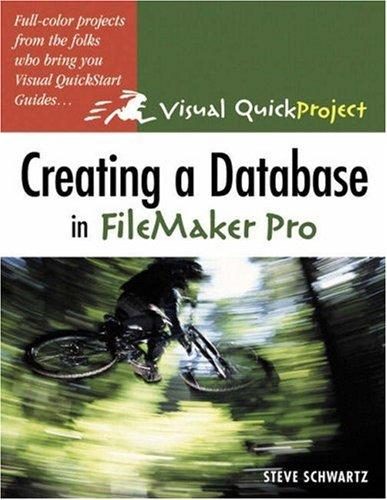Answered step by step
Verified Expert Solution
Question
1 Approved Answer
Using Python to do this assignment Sorry, I couldn't attach excel file, so could you please just use the data in the pics to solve
Using Python to do this assignment


Sorry, I couldn't attach excel file, so could you please just use the data in the pics to solve this question
Question #1 1. Download the heart.csv dataset from the Blackboard and use read csv() to read it. 2. Creat a new column named 'age_cat' in the DataFrame to present individuals' age with 4 categories. Here is the list of categories: 25-40 .40-55 55-70 70+ 3. Creat a pie chart to show the percentage of individuals in each age category . Use the Explode feature of pie chart in matplotlib to separate the age category of 40 4. Creat a histogram with with 20 bins and white edgecolor to visualize the distribution of "chol" feature. Then use the annotation function to point to the bin with the highest value 5. Use logistic regression to create a predictive model . Use 70% of data for tanning and consider 30% of data for testing. (Use random_state-0) . Use all features (13 features in the orignal dataset, you don't need to use age_cat) to creat your predictive model traget is your dependent variable. It shows whether the subject suffers form a heart disease or not. 6. Use similar structure as above to create a naive bayes predictive model 7. Use in-sample data (train data) and out-of-sample data (test data) to check the accuracy of your naive bayes model . What is the general expectation? should we expect to get higher accuray on in-sample data or out-of-sample data What is the result in your case? 8. Find precision, recall and F1 scores for both logistic regression and naive bayes models using out-of-sample data (test data) and explain which one works better than the other? 1222212332222222222232223222 0000000000000000000200000200 0022211222222121202212212222 3548643056226816065854014466 2310001 011001-21100 1010 0000100000000100000001011000 3324 6 4111 878 1000000010000010000000010010 6139 679 363 2112222 2 2 2 331 0 p111 1e 3211001122021332230302023122 2 5 1 1 2 5 123456789 012345678901 4 8 Question #1 1. Download the heart.csv dataset from the Blackboard and use read csv() to read it. 2. Creat a new column named 'age_cat' in the DataFrame to present individuals' age with 4 categories. Here is the list of categories: 25-40 .40-55 55-70 70+ 3. Creat a pie chart to show the percentage of individuals in each age category . Use the Explode feature of pie chart in matplotlib to separate the age category of 40 4. Creat a histogram with with 20 bins and white edgecolor to visualize the distribution of "chol" feature. Then use the annotation function to point to the bin with the highest value 5. Use logistic regression to create a predictive model . Use 70% of data for tanning and consider 30% of data for testing. (Use random_state-0) . Use all features (13 features in the orignal dataset, you don't need to use age_cat) to creat your predictive model traget is your dependent variable. It shows whether the subject suffers form a heart disease or not. 6. Use similar structure as above to create a naive bayes predictive model 7. Use in-sample data (train data) and out-of-sample data (test data) to check the accuracy of your naive bayes model . What is the general expectation? should we expect to get higher accuray on in-sample data or out-of-sample data What is the result in your case? 8. Find precision, recall and F1 scores for both logistic regression and naive bayes models using out-of-sample data (test data) and explain which one works better than the other? 1222212332222222222232223222 0000000000000000000200000200 0022211222222121202212212222 3548643056226816065854014466 2310001 011001-21100 1010 0000100000000100000001011000 3324 6 4111 878 1000000010000010000000010010 6139 679 363 2112222 2 2 2 331 0 p111 1e 3211001122021332230302023122 2 5 1 1 2 5 123456789 012345678901 4 8Step by Step Solution
There are 3 Steps involved in it
Step: 1

Get Instant Access to Expert-Tailored Solutions
See step-by-step solutions with expert insights and AI powered tools for academic success
Step: 2

Step: 3

Ace Your Homework with AI
Get the answers you need in no time with our AI-driven, step-by-step assistance
Get Started


